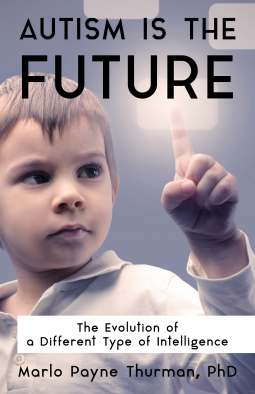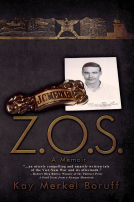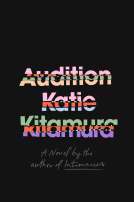
Autism Is the Future
The Evolution of a Different Type of Intelligence
by Marlo Payne Thurman
This title was previously available on NetGalley and is now archived.
Send NetGalley books directly to your Kindle or Kindle app
1
To read on a Kindle or Kindle app, please add kindle@netgalley.com as an approved email address to receive files in your Amazon account. Click here for step-by-step instructions.
2
Also find your Kindle email address within your Amazon account, and enter it here.
Pub Date 1 May 2019 | Archive Date 26 Jul 2019
Talking about this book? Use #AutismIsTheFuture #NetGalley. More hashtag tips!
Description
In Autism Is the Future, Marlo Payne Thurman reveals how cognitive differences are the constructing pieces in understanding those with autism. Through her findings, she shows how those with autism spectrum disorder (ASD) constantly challenge assumptions about intelligence and measuring intelligence.
Thurman proposes that sensory and cognitive development have evolved together into a very different form of intelligence in those with ASD, and it should be viewed not as a disability but instead as a difference to be celebrated and followed.
Thurman began working with children diagnosed with ASD in 1986. With group home management and intensive ABA therapy in her early career, she developed a special interest in meeting the unique needs of those individuals who were asynchronously developed into the realms of the "ASD savant." Most recently, she completed a landmark study proposing an alternative sensory-cognitive difference theory based on her extensive discussions and interactions with diagnosed adults. This research was the foundation for this book.
Available Editions
| EDITION | Other Format |
| ISBN | 9781941765890 |
| PRICE | $16.95 (USD) |
| PAGES | 150 |
Average rating from 12 members
Featured Reviews
 Reviewer 34846
Reviewer 34846
Excellent! Through and thought provoking.
In Autism Is the Future, Marlo Thurman reveals how cognitive differences are the constructing pieces in understanding those with autism. Through her findings, she shows how those with autism spectrum disorder (ASD) constantly challenge assumptions about intelligence and measuring intelligence. Thurman proposes that sensory and cognitive development have evolved together into a very different form of intelligence in those with ASD, and it should be viewed not as a disability but instead as a difference to be celebrated and followed.
 Dina H, Reviewer
Dina H, Reviewer
Having a child on the spectrum, I love to read new research and thoughts, beliefs, recommendations, and/or ideas.
I was in complete agreement with Thurman that without the "right" support and 'education" the "system (schools) may be failing children on the spectrum. Attempting to "treat as "all" vs looking at the individual.





